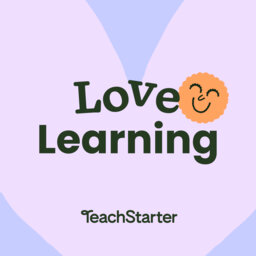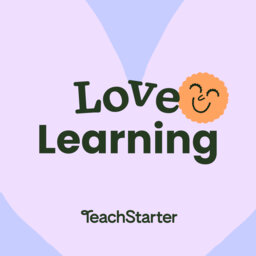Poem - Back to School Today
Coping with Covid
Audio resources to assist children in understanding the world around them, amid a global pandemic.4 clip(s)
Loading playlist
A poem by Stephanie Mulrooney which explores the feelings students may experience when heading back to school after an extended break.
This poem follows the emotional journey of a young child who is returning to school after a prolonged absence.
The child is feeling excited and nervous at the same time.
They have many questions about what the return to the classroom might be like.
Share this poem with your class to stimulate a discussion about how they might be feeling about returning to school.
For more ideas on how to use this poem in the classroom, read our blog Back to School Poem | Reduce Anxiety in Children.
Curriculum Connections to ACARA - English - Literature - Responding to Literature
Foundation: ACELT1783 Share feelings and thoughts about the events and characters in texts.
Year 1: ACELT1582 Discuss characters and events in a range of literary texts and share personal responses to these texts, making connections with students' own experiences.
Year 2: ACELT1589 Compare opinions about characters, events and settings in and between texts.
Year 3: ACELT1596 Draw connections between personal experiences and the worlds of texts, and share responses with others
Year 4: ACELT1603 Discuss literary experiences with others, sharing responses and expressing a point of view.
Year 5: ACELT1795 Use metalanguage to describe the effects of ideas, text structures and language features on particular audiences.
Curriculum Connections to ACARA - English - Literature - Literature and Context
Year 6: ACELT1613 Make connections between students’ own experiences and those of characters and events represented in texts drawn from different historical, social and cultural contexts.
Curriculum Connections to ACARA - English - Literacy - Interacting with Others
Foundation: ACELY1646 Listen to and respond orally to texts and to the communication of others in informal and structured classroom situations.
Year 1: ACELY1656 Engage in conversations and discussions, using active listening behaviours, showing interest, and contributing ideas, information and questions.
Year 2: ACELY1666 Listen for specific purposes and information, including instructions, and extend students’ own and others' ideas in discussions.
Year 3: ACELY1676 Listen to and contribute to conversations and discussions to share information and ideas and negotiate in collaborative situations.
Curriculum Connections to ACARA - English - Literacy - Interpreting, Analysing, Evaluating
Year 4: ACELY1690 Identify characteristic features used in imaginative, informative and persuasive texts to meet the purpose of the text.
Year 5: ACELY1703 Use comprehension strategies to analyse information, integrating and linking ideas from a variety of print and digital sources.
Year 6: ACELY1713 Use comprehension strategies to interpret and analyse information and ideas, comparing content from a variety of textual sources including media and digital texts.
In 2 playlist(s)
Love Learning
Love Learning is an audio learning tool for children brought to you by the teachers at Teach Starter…Social links
Follow podcast
Recent clips

Poem: Spring is Here
01:14

Narrative: Little Red Riding Hood
03:48

Narrative: Jack and the Beanstalk
04:57
 Love Learning
Love Learning
